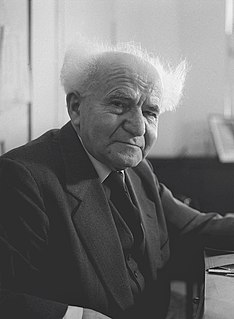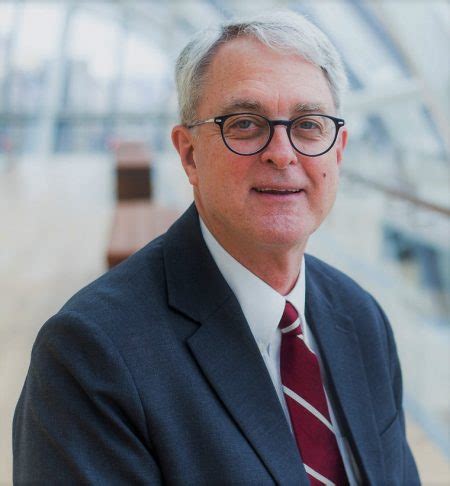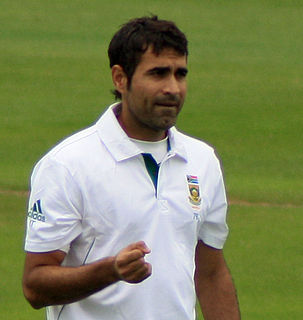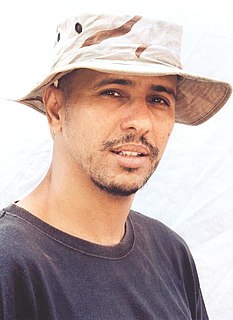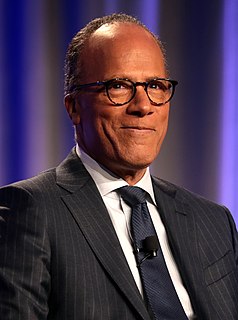A Quote by Thabo Mbeki
It's a big problem in South Africa up to this day: many people want to open factories, they want to invest, but then they discover that they don't have the skilled people to employ.
Related Quotes
We [the USA] do have a big nation's problem. We have the problem of a nation that's got two oceans, oceans on either side. People come from all across the globe and want to live here and they want to work here and they want to invest here. And that's a good thing. And they make up this country. But as a people, we [americans] are not highly skilled in languages. We're not highly skilled in knowledge of other cultures. And that's a problem.
And now South Africa has finally woken up and it is doing great things. And if South Africa becomes the template to what AIDS is in the sub-Saharan continent, then all the other countries are going to follow suit. And Michel Sidibe, who spoke at the breakfast meeting this morning, was saying that there is so much hope for Africa now that South Africa has got its house in order.
I definitely isolate, but I also always have people in front of me, and I have to be OK with that. I'm in a business where, on the set, you're around two hundred people every day, and if you're high on the call sheet, you sort of set the tone for the set. And you want people to feel appreciated, and you want to ask them how their kids are. You want to talk to people and invest in them and let them know that they're appreciated and heard. But then I do like to just kind of withdraw.
When I was in government, the South African economy was growing at 4.5% - 5%. But then came the global financial crisis of 2008/2009, and so the global economy shrunk. That hit South Africa very hard, because then the export markets shrunk, and that includes China, which has become one of the main trade partners with South Africa. Also, the slowdown in the Chinese economy affected South Africa. The result was that during that whole period, South Africa lost something like a million jobs because of external factors.
The black masses want not to be shrunk from as though they are plague-ridden. They want not to be walled up in slums, in the ghettos, like animals. They want to live in an open, free society where they can walk with their heads up, like men, and women! Few white people realize that many black people today dislike and avoid spending more time than they must about white people. This 'integration' image, as it is popularly interpreted, has millions of vain, self-exalted white people convinced that black people want to sleep in bed with them - and that's a lie!
I don't want to be treated outside the rule of law. And I don't want people from this part of the world, specifically North Africa and the Middle East, to be seen as underhumans, as people who are not deserving of human rights and being subjected to the rule of law, what I call open season. I don't want that anymore.
The problem with being a journalist is you go places and you're working. You don't get to appreciate everything. But I got enough of a sampler of South Africa; I thought, 'I want to come here when I don't have to interview people for a living so that I can really enjoy it.' Because I think it was just a magnificent place.



